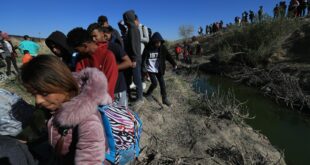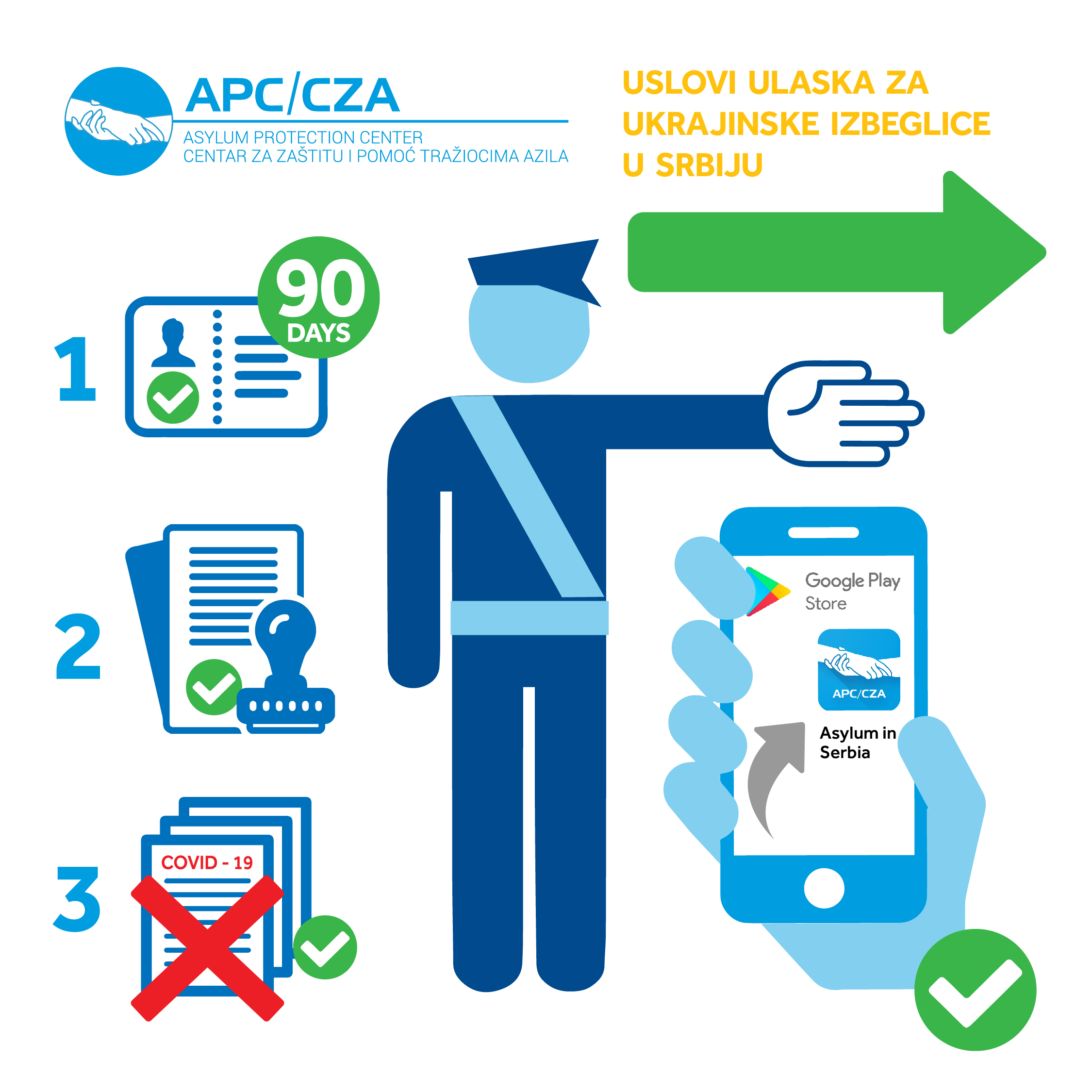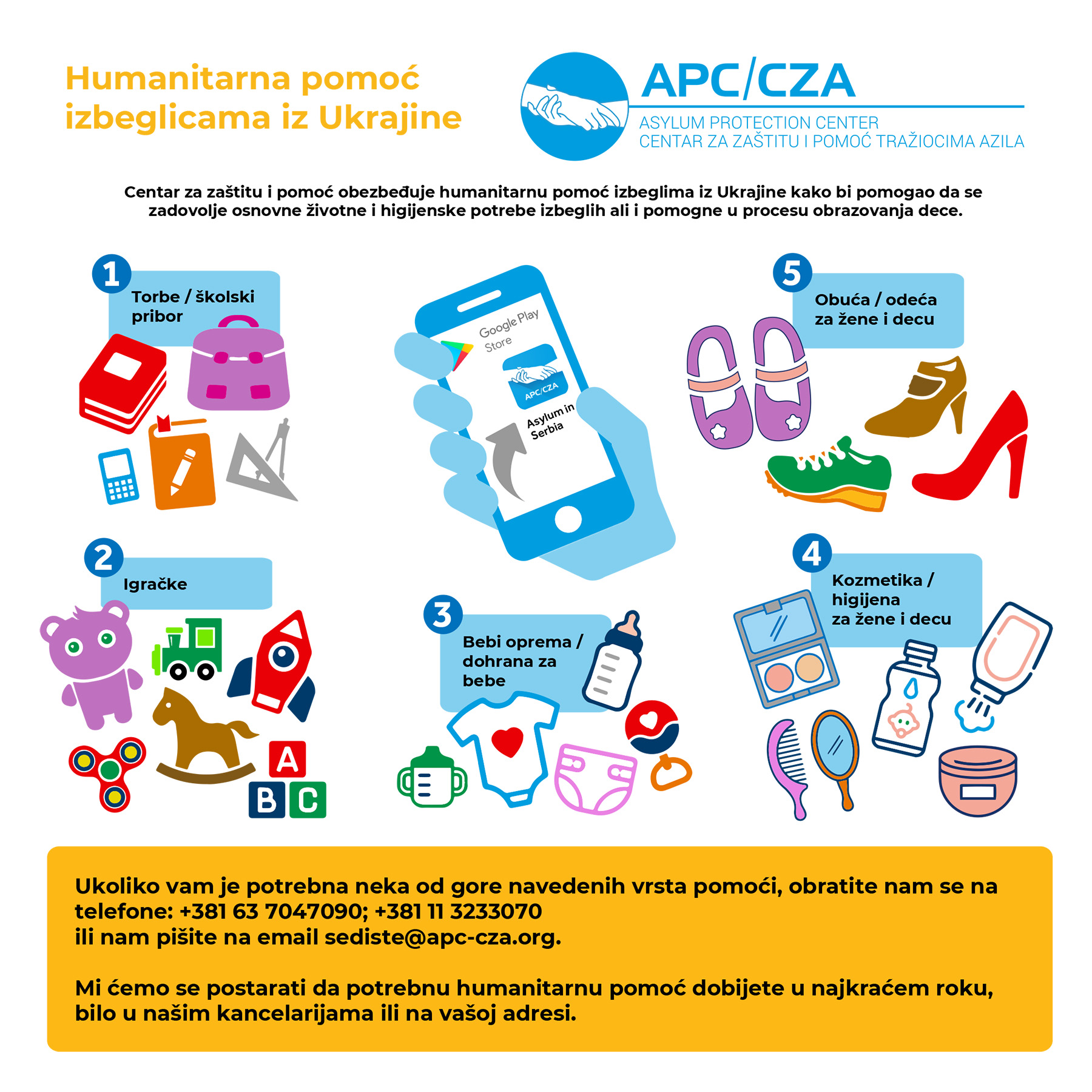Athens, March 21 – The influx of refugees in Greece from Turkey is not slowing down despite the EU and Turkey agreement on curbing the flow of migrants, so the Greek SOMP’s Coordination Body for the Coordination of the Migrant Policy raises the question of whether all parties participate in it as agreed upon. Since the entry into force of the agreement on March 20 to the morning of March 21, 1,662 people arrived in Greece. The return of migrants to Turkey envisaged by the agreement, could begin on April 4th.
The most affected since the agreement’s entry into force came to the island of Kios (830) and Lesbos (698), which are close to Turkish shores in the northeastern Aegean Sea, according to a statement by the Coordination Body for Greek Migration Policy (SOMP). With newly born refugees, this country of 11 million inhabitants now has more than 50,000 migrants in its territory, according to SOMP data.
The continuing inflow “represents an objective problem and opens the question of the intentions of all participants” of the agreement, which foresees an increase in Turkey’s efforts to prevent departures from its shores, said spokesperson for SOMP Jorgos Kiricis.
In accordance with the new agreement, which provides that those returned to Greece from March 20 will be returned to Turkey, all migrants are immediately taken to the registration and identification centers, the SOMP spokesperson said. These centers, the so-called hotspots, were opened on five Greek islands in the Aegean Sea.
Those applying for asylum must remain on the spot until the Greek and European experts whose engagement provided by the agreement does not examine their situation.
The team is more important to reduce the influx of refugees, otherwise there is a danger that the islands will be overcrowded despite the fact that Greek authorities have since Saturday moved into the transfer of migrants who came before the agreement. They are transferred to centers in the continental part of Greece and are waiting for or returning if they are assumed to be economic migrants or moving to another country in Europe.
It is still not clear how migrants are returning to Greece. The return could only begin on April 4, BBC reports citing European officials.
According to one of the European Frontline Coordinator (Frontex) in Lesbos, migrants will be returned by boat. According to the source of the Greek government, those who do not appear to be protected in Turkey, such as Kurds, will not be returned.
Aid to Greece still not happening
The EU and Turkey agreement is very complex to implement because it should respect the rules of asylum, that is, the individual consideration of each request. The mechanism foreseen for implementation will require 4,000 executors according to the European Commission’s assessment, and a budge of 280 million euros in the next six months.
Until the morning of March 21, none of the 2,300 promised experts and policement, who are member countries, promised to Greece came to SOMP.
“We hope that Catholic Easter will not be a reason for the delay in their arrival, because the situation requires an urgent response,” the European partners of Greece and the European Commission have themselves acknowledges, said spokesperson Kiricis.
According to a source of the Greek government, the first reinforcement from Germany will come without delay. So far, Paris and Berlin have offered up to 600 police and asylum experts, while Romania has promised 70 experts and two patrol boats.
On March 21st, eight Turkish observers, members of the Coast Guard, arrived in Greece, state television ERT reported. The observer exchange is foreseen by an agreement in order to coordinate the implementation of the agreement.
Officials of Greece and Turkey on March 21 continue talks on the implementation of the agreement.
In spite of the fact that an individual consideration of the request is foreseen, some organizations raise the question of the legality of such an approach. Thus, the French Agency for the Protection of Refugees and Stateless Persons (OFPRA) will not participate in the mechanism for returning refugees in Turkey. According to the French daily Mond (Le Monde), this is the only body that can approve the status of refugees in France believes that the EU and Turkey agreement is contrary to its values.
The agents of Ofpra will still go to Greece, but their task will be to send migrants who are already in Athens or blocked on the border with Macedonia to be able to come to France in accordance with an earlier agreement on the distribution of migrants, according to which France should receive 30,000 refugees.
In addition to Ofpra agents, France will also send 80 officials to the French Immigration and Integration Office (OFII) and the prefecture.
 AzilSrbija AzilSrbija
AzilSrbija AzilSrbija




